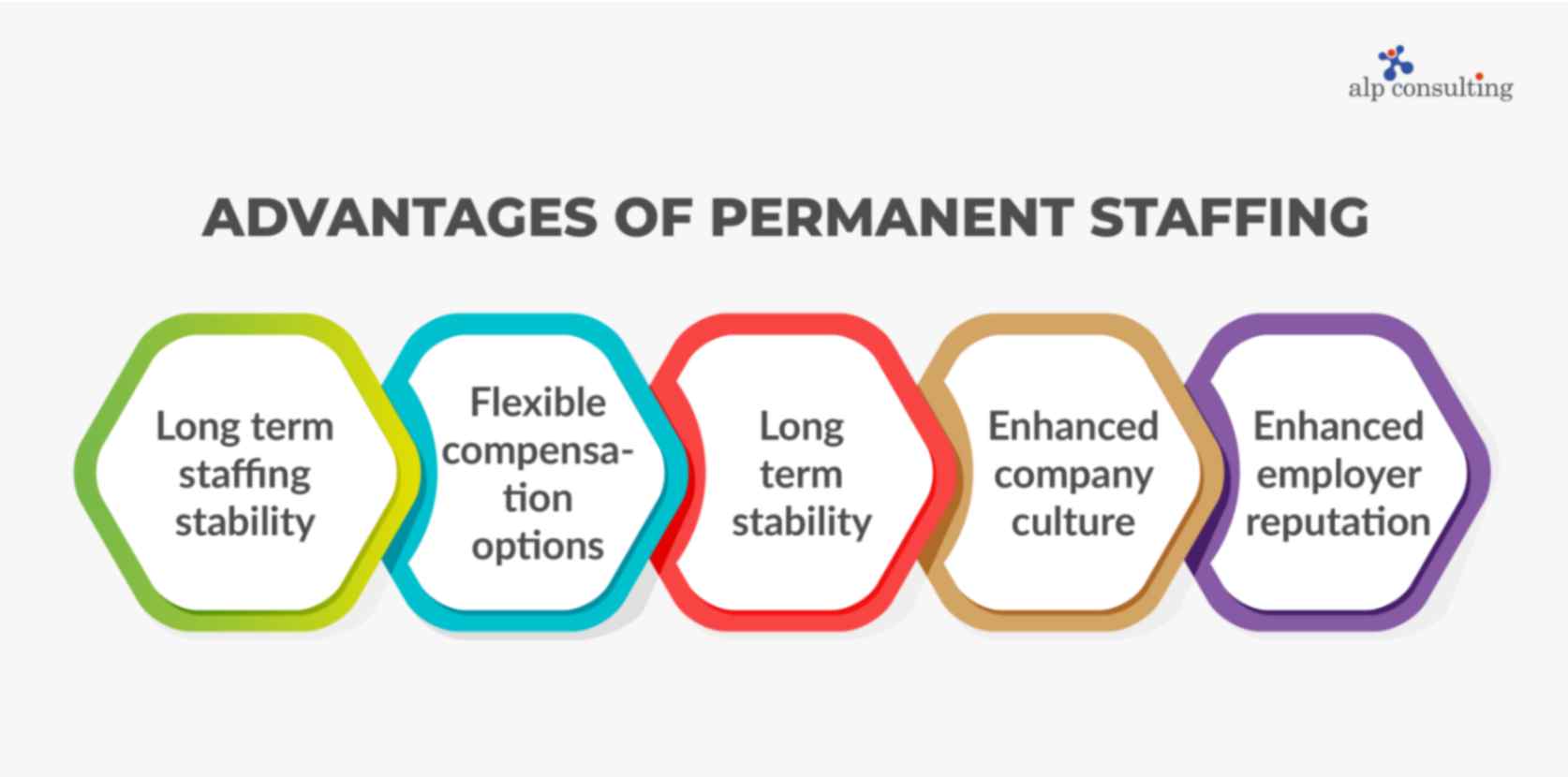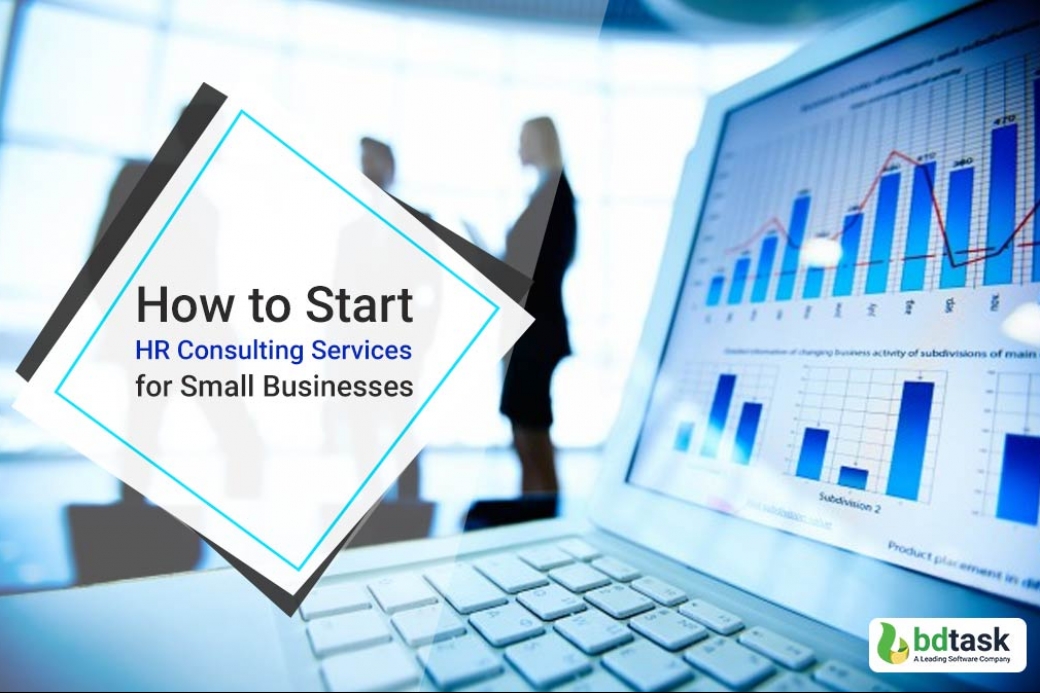One of the most significant organization patterns over the last years has actually been to contract out functions that are not core service activities. Cutting costs and getting knowledge are the 2 most common motivations for outsourcing. This trend has actually long given that reached business compliance programs. Many concerns surround this practice in the compliance arena.

Why Outsource Compliance?
The first question is: why should a company engage an outside specialist to help in running the compliance program? The truth is that many compliance workplace jobs are consistently outsourced to suppliers to enable the compliance workplace to focus on the program's core aspects. Hotlines, sanction screening services, and training programs are typically outsourced functions.
In many cases, a compliance officer's departure develops the need for assistance until the company can employ a replacement. In others, an existing compliance program needs assistance to manage added obligations, such as compliance management or HIPAA privacy/security officer assistance.
When Should You Outsource Compliance?
Organizations decide to hire compliance experts after identifying weaknesses or gaps in their operations, such as jobs in compliance, personal privacy or gatekeeper functions. Sometimes, federal government examination drives the choice to generate experts. Corporate Integrity Agreements mandate that an organization vouches for having a completely functioning and effective compliance program.
Managed Care statutes require preserving an efficient compliance program and alerting CMS when a compliance officer job happens. And under the Affordable Care Act, CMS is required to develop mandated compliance program requirements. Once these requirements are in result, lots of will look for professional assistance to fulfill them.
Where Can You Find Compliance Outsourcing Services?
Where can companies find needed compliance proficiency? The most convenient starting point is checking the web to find expert journal posts on the subject. This can supply additional insight and recognize specialists on the topic. A search can also identify companies that might provide the required services.
Who Should You Outsource Compliance To?
Who are some experts that can fill spaces or supplement compliance programs, and have also constructed, evaluated, and handled reliable compliance programs? They are people with hands-on experience in numerous situations and that make them specialists.
The following are examples of experts with substantial compliance program consulting experience, who have actually acted as compliance officers in multiple roles:
Cornelia Dorfschmid, PhD, who has over twenty years of health care seeking advice from experience and has actually functioned as designated/interim compliance officer for medical facility systems and physician practices on several occasions.
Steve Forman, CPA, with 12 years as a healthcare specialist, 10 years as VP for Audit/Compliance at a hospital system, and has functioned as interim/designated compliance officer multiple times.
Suzanne Castaldo, JD, CHC, a skilled expert who has actually acted as interim/designated compliance officer several times.
How Can You Best Outsource Compliance?
How can organizations use compliance experts to its finest benefit? Using certified specialists has many advantages, however the secret in employing them is to bring an optimal return of advantage for the expense by making sure included value. In addition to daily management, consider consisting of some of the following:
1. Examine the program to verify strengths and recognize opportunities for improvement;
2. Conduct an independent evaluation of the program for senior management and board;
3. Review the Standard Procedure and other composed guidance;
4. Evaluate the quality and effectiveness of compliance training;
5. Assess high-risk areas that necessitate attention;
6. Assess resources needed to successfully operate the compliance program;
7. Use specialists to recognize and build metrics evidencing compliance program efficiency;
8. Use professionals to help in identifying and evaluating prospects for the long-term compliance officer position; and
9. Provide a "roadway map" for inbound compliance officers to follow.
What Level of Effort Should You Put Into Outsourcing Compliance?
What level of effort do companies need to utilize compliance professionals in compliance programs? Even for relatively large companies, a real compliance professional can hold the program together for a number of months without needing to be on-site complete time. Most organizations can run compliance programs efficiently through utilizing a specialist for 50-80 hours per month for up to 6 months till having a permanent compliance officer in location ends up being vital.
Smaller organizations and most doctor practices will need professionals for only half the time. Due to advances in innovation, not all hours need to be on-site. However, the secret is to have the specialist on-call to address any emergent concerns. Notably, the OIG has actually accepted that for smaller sized companies, engaging a qualified professional as the Designated Compliance Officer may make more sense. The OIG points out lots of factors for a company to consider utilizing an outdoors expert instead of a W-2 full time employee.

About the Author
Richard P. Kusserow established Strategic Management Services, LLC, after retiring from being the DHHS Inspector General, and has actually assisted over 3,000 health care companies and entities in developing, executing and evaluating compliance programs.
